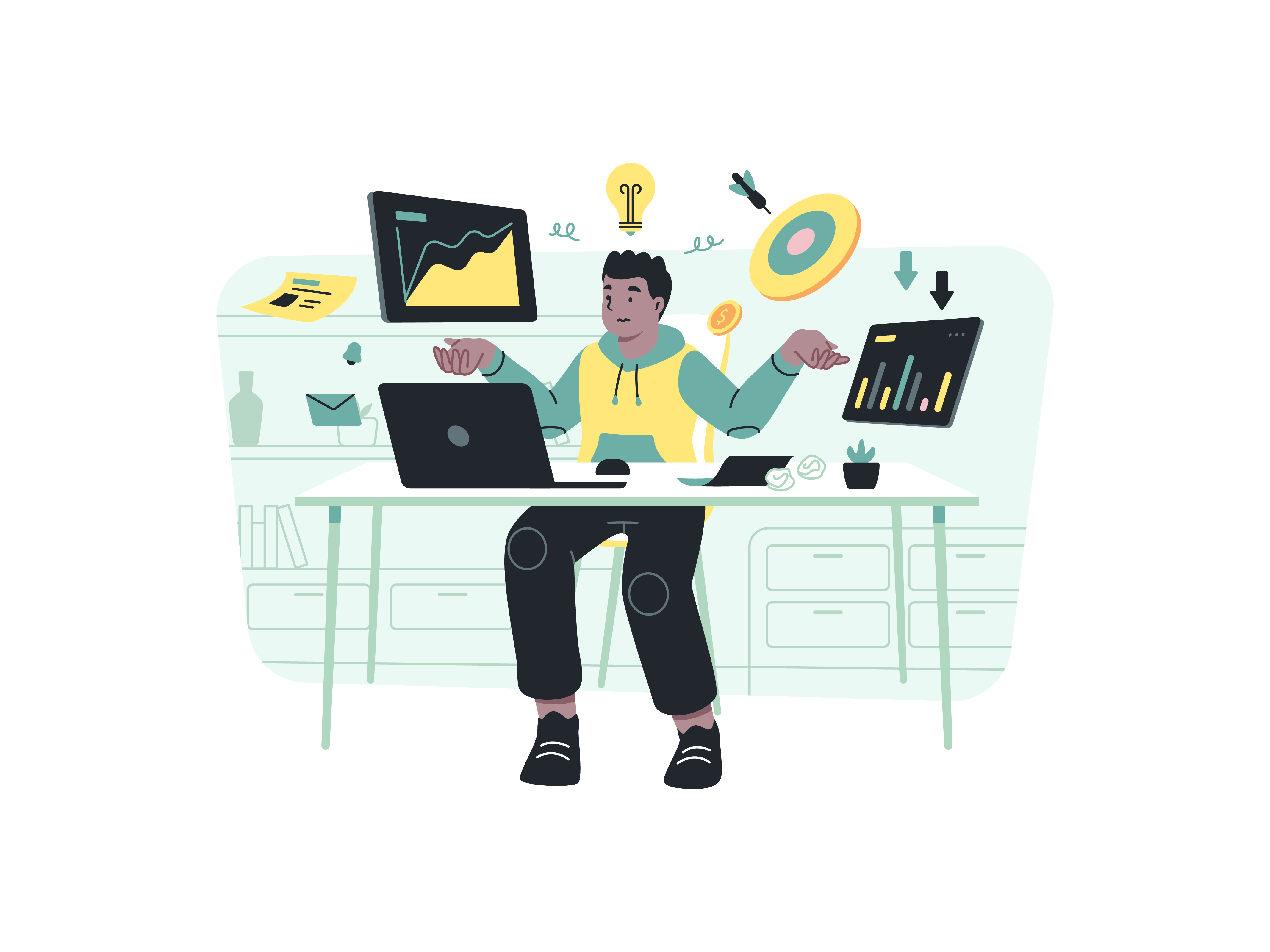How to use Bootstrap's button styles and icons

Bootstrap, a widely-used front-end framework, offers a multitude of tools to enhance the visual appeal and functionality of your web projects. One of its standout features is its comprehensive collection of button styles and icons. In this blog post, we’ll explore how to effectively utilize Bootstrap’s button styles and icons to create attractive and interactive user interfaces.
Understanding Bootstrap Buttons
Buttons are integral elements of any web interface, serving as interactive triggers for various actions. Bootstrap provides a range of predefined button styles that can be easily customized to match your design preferences. Here’s how to get started:
Adding Buttons
To create a basic Bootstrap button, use the <button> element and apply the btn class along with a specific style class. For instance, to create a primary button, use the class btn btn-primary.
<button class="btn btn-primary">Click Me</button>
Button Styles
Bootstrap offers various button styles, such as primary, secondary, success, danger, warning, info, and light, each with its own distinct visual characteristics. You can choose a style that aligns with your design palette and the purpose of the button.
Button Sizes
Buttons in Bootstrap can also be customized in terms of size. By applying the classes btn-sm for small, btn-lg for large, or leaving it as is for the default size, you can tailor the button to fit your layout seamlessly.
Disabled Buttons
To create disabled buttons that cannot be clicked, simply add the disabled attribute to the <button> element.
Incorporating Icons with Buttons
Icons serve as intuitive visual cues, enhancing the user experience and conveying meaning without the need for extensive text. Bootstrap integrates seamlessly with popular icon libraries, making it effortless to incorporate icons into your buttons.
Using Font Awesome Icons
Font Awesome is a widely-used icon library that Bootstrap supports out of the box. To add an icon to a button, include the desired Font Awesome class within the <i> element.
<button class="btn btn-primary">
<i class="fas fa-heart"></i> Like
</button>
Customizing Icon Placement
You can place the icon either before or after the button text by adjusting the order of the <i> element and the text content within the button.
<button class="btn btn-info">
Follow <i class="fas fa-arrow-right"></i>
</button>
Combining Styles and Icons
Bootstrap allows you to combine button styles and icons to create visually appealing and informative buttons. For example, you can create a primary button with a plus icon:
<button class="btn btn-primary">
Add Item <i class="fas fa-plus"></i>
</button>
Creating Button Groups
In some cases, you might want to group multiple related buttons together. Bootstrap’s button group component makes this process seamless.
Basic Button Group
Wrap your buttons in a <div> with the btn-group class to create a basic button group.
<div class="btn-group">
<button class="btn btn-primary">Option 1</button>
<button class="btn btn-primary">Option 2</button>
<button class="btn btn-primary">Option 3</button>
</div>
Sizing Button Groups
You can also adjust the size of the entire button group by adding the btn-group-sm or btn-group-lg class.
Nesting Button Groups
For more complex UI designs, you can nest button groups within one another to create hierarchical structures.
Conclusion
Bootstrap’s button styles and icons are invaluable tools for designing modern, user-friendly web interfaces. By leveraging the diverse range of button styles, customizing sizes, and incorporating icons, you can create buttons that not only look appealing but also provide clear calls to action. Whether you’re designing a simple blog or a complex web application, Bootstrap’s button features empower you to create a seamless and engaging user experience. Experiment with the various options, unleash your creativity, and elevate your web design skills with Bootstrap’s versatile button styles and icons.